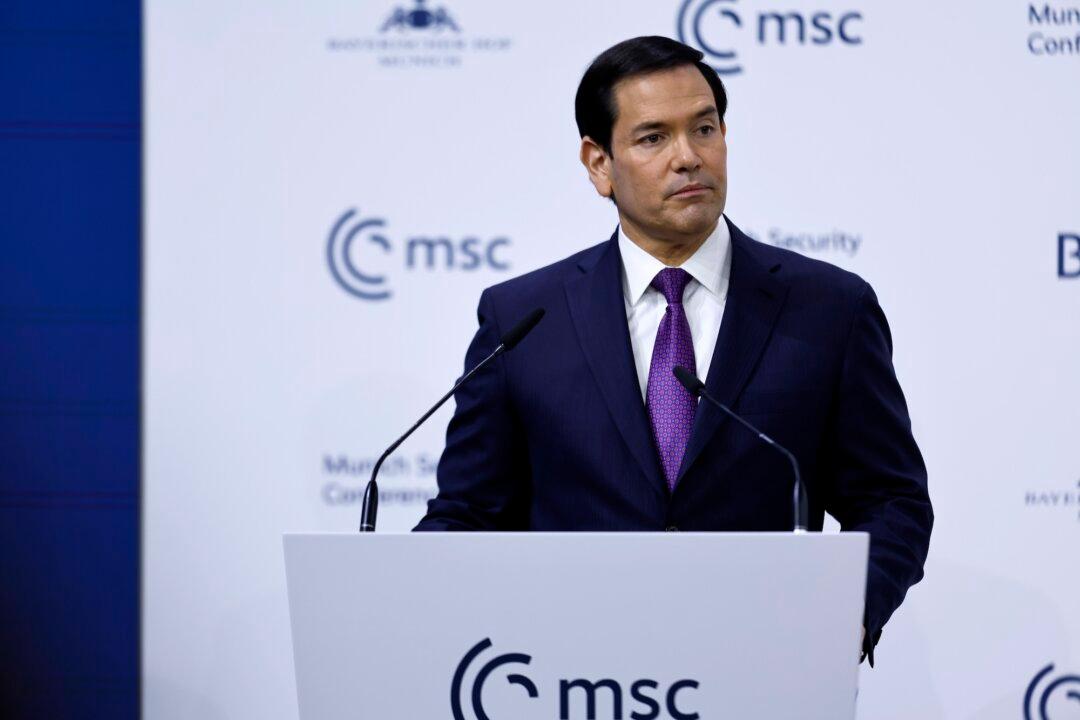A bipartisan group of senators has introduced a bill that would strengthen U.S. semiconductor supply chains by incentivizing domestic manufacturing of this key technology and “stop China from winning the race to produce these chips.”
The bill, called the Facilitating American-Built Semiconductors (FABS) Act (pdf), seeks to push back against the trend that has seen the United States’s share of global semiconductor production fall from 37 percent in 1990 to just 12 percent today.





